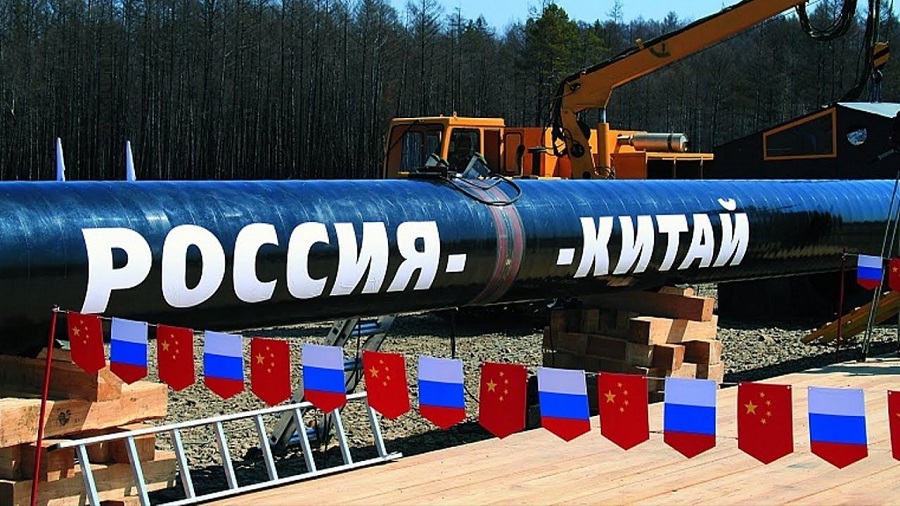Kazakhstan has revised its tariffs on transporting Russian oil to China through its pipelines, which are now the cheapest route to export oil and its derived products. Kazakhstan’s largest oil transporter, KazTransOil, announced last week the government’s intent to raise transit fees by a third.
“The cost of transporting Russian oil . . . is approved at a rate of $15 per ton, excluding VAT,” reads a statement posted to the company’s website. Prior to the fee hike and from 2017 through 2018, the figure amounted to $11.36 per ton, excluding a value added tax (VAT).
The new rate has been approved by Kazakhstan’s energy ministry and is locked in for the next five years. It covers what is estimated to be about 10 million tons of oil per year that passes through a pipeline stretching from the Russian border with Kazakhstan and continues onwards to China. According to KazTransOil’s, the segment between the Russian border with Kazakhstan and Atasu in Kazakhstan nets a fee of $4.23 per ton. The remaining amount covers the transportation of the oil from Atasu to the Chinese border city of Alashankou.
Kazakhstan has long been using its geography to profit from an oil oversupply coming from Russia and an energy demand coming from China, and officials in Astana have been working hard to develop the country’s transit potential. For Kazakhstan, increasing its transit potential means going beyond typical infrastructure like highways and railways, and developing more niche capabilities, such as energy pipelines. At the same time, Astana is boosting its cooperation with Beijing amidst the ‘trade wars’ between the United States and China.
In 2013, KazTransOil and Rosneft had agreed to transport seven million tons per year of oil to China via the Irtyshsk-Atasu-Alashankou route beginning in 2014. Two years later, the companies agreed to increase the volume exported to 10 million tons, through 2023. There are talks underway to boost this number by another three million tons per year, since the capacity of the Atasu-Alashankou pipeline is as high as 20 million tons.
For KazTransOil transit is an important source of profitability, and the company actively defends its position, including cross-border tariffs. In 2017, KazTransOil increased oil transit tariffs by 2.5 times, then setting the price at $11.36 per ton. Later, in 2018, tariffs for oil transportation via the Russian segment were decreased by 16.7 percent thanks to a decision made by the Federal Antimonopoly Service and Rosneft.







 President Ilham Aliyev shed light on the evolving contours of the peace process with Armenia during an international conference in Baku this week. ...
President Ilham Aliyev shed light on the evolving contours of the peace process with Armenia during an international conference in Baku this week. ...
 Azerbaijan and Armenia started the process of demarcation of their border on Tuesday, with the installation of the first border markers based on ge...
Azerbaijan and Armenia started the process of demarcation of their border on Tuesday, with the installation of the first border markers based on ge...
 Armenian sappers commenced on Monday mine-clearance operations in the territories adjacent to the Saint Mary Church in village of Voskepar (Armenia...
Armenian sappers commenced on Monday mine-clearance operations in the territories adjacent to the Saint Mary Church in village of Voskepar (Armenia...
 Iran and Pakistan have signed eight cooperation documents in various fields, and agreed to strengthen ties to fight terrorism in the region.
Iran and Pakistan have signed eight cooperation documents in various fields, and agreed to strengthen ties to fight terrorism in the region.



